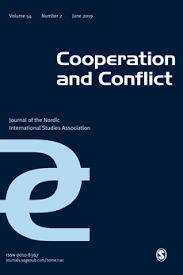Fuelling exclusion? The biofuels boom and poor people’s access to land
Explores current and potential impacts of the increasing spread of biofuels on access to land in producer countries, particularly for poorer rural people. Finds that biofuels could revitalise rural agriculture and livelihoods, but may also marginalise and exclude poorer people – particularly where local land rights are insecure, capacity to enforce them is limited, and major power asymmetries shape relations between local resource users and large industry players.







